Learning economics can seem daunting, but it’s entirely achievable through self-study. At LEARNS.EDU.VN, we provide a structured approach, offering a comprehensive roadmap for mastering economics independently. Equip yourself with the knowledge to understand market dynamics, financial systems, and economic policies using our resources.
1. Spark Your Interest: Introductory Economics Books
Dive into the world of economics with engaging introductory books that showcase its real-world applications. Instead of getting bogged down in graphs and definitions, these books will ignite your curiosity and lay the groundwork for more in-depth study. Reading economics books is a great way to start learning about economics.
1.1. Freakonomics
Steven Levitt and Stephen Dubner’s Freakonomics applies economic principles to everyday scenarios, revealing unexpected truths.
This book demonstrates how economic methods can uncover fascinating insights about the world, such as comparing the dangers of swimming pools versus guns or exploring cheating behaviors among sumo wrestlers and school teachers.
1.2. Basic Economics
Thomas Sowell’s Basic Economics offers a clear, jargon-free guide to understanding how the economy operates.
This book is designed to help individuals grasp the essentials of economics without being overwhelmed by complex equations or charts, making it accessible and engaging for anyone seeking to understand economic principles.
1.3. The Economists’ Hour
The Economists’ Hour explores an era when economists wielded significant influence on policy and politicians.
This book is ideal for those intrigued by the intersection of government and economics, offering compelling stories and insights into the major economic ideas that shaped economic policy post-1960.
1.4. Thinking Strategically
Dixit and Nalebuff’s Thinking Strategically teaches game theory, a branch of economics, to enhance your competitive edge.
The book uses case studies from politics, gambling, sports, and movies to illustrate the principles of strategic thinking, making it an engaging and instructive read.
2. Master Microeconomics and Macroeconomics Fundamentals
A solid understanding of micro and macroeconomics is crucial. These foundational subjects will equip you for more advanced topics and are typically covered in the first year of most economics programs. Microeconomics focuses on individual decisions, while macroeconomics examines the economy as a whole.
2.1. MIT Principles of Economics Course – MIT OpenCourseWare
MIT OpenCourseWare offers a comprehensive introductory microeconomics course complete with problem sets, solutions, reading assignments, exams, and lecture recordings.
2.2. University of Queensland Macroeconomics Program – edX
The University of Queensland provides a three-course introductory macroeconomics program on edX, covering macroeconomic indicators, policy, and international macroeconomics.
The courses are also available individually and for free if you do not require a certificate.
2.3. Textbook Route
For those who prefer textbook learning, consider these options:
- Principles of Microeconomics, 7th Edition, by Gregory Mankiw: A popular textbook praised for its clear explanations and real-world applications.
- Principles of Macroeconomics by OpenStax: An affordable textbook that covers essential macroeconomics topics in an accessible manner.
3. Explore the History of Economic Thought
Understanding the evolution of economic ideas will enrich your knowledge. Delve into the works of influential economists and explore their impact on modern economic theories. This will provide context to your current understanding.
3.1. The Worldly Philosophers
Robert Heilbroner’s The Worldly Philosophers explores the lives and ideas of prominent economists such as Smith, Malthus, Marx, Keynes, and Schumpeter.
4. Expand Your Knowledge with Beginner-Level Economics Courses
Take at least three beginner-level economics courses to broaden your understanding of the field. These courses will expose you to various subdisciplines and help you develop analytical skills.
4.1. Financial Markets
Yale’s free online Financial Markets course covers the ideas, institutions, and methods that drive wealth creation and risk management.
4.2. Introduction to Political Economy
Duke’s political economy lecture series explores the intersection of politics and economics, examining how they influence each other.
4.3. History of the U.S. Economy in the 20th Century
The Great Courses offers a History of the U.S. Economy in the 20th Century course, providing an economic perspective on major events and trends.
4.4. From Poverty to Prosperity: Understanding Economic Development
This Oxford, edX-hosted Understanding Economic Development course explores the factors that contribute to economic development and poverty reduction.
4.5. Behavioral Economics: An Introductory Course
This Udemy course introduces behavioral economics, which combines economics and psychology to understand decision-making.
5. Stay Informed with The Economist
Regularly reading The Economist will keep you updated on current economic issues and trends. It will also help you apply economic concepts to real-world events.
6. Delve into Classic Economics Books
Reading classic economics books provides deeper insights into the foundational ideas that have shaped the field. This step is optional but highly rewarding for serious learners.
6.1. Essential Classic Economics Books
Consider exploring these titles:
| Title | Author |
|---|---|
| The Wealth of Nations | Adam Smith |
| Das Kapital | Karl Marx |
| Capitalism and Freedom | Milton Friedman |
| The General Theory of Employment, Interest and Money | John Maynard Keynes |
| Road to Serfdom | F.A. Hayek |
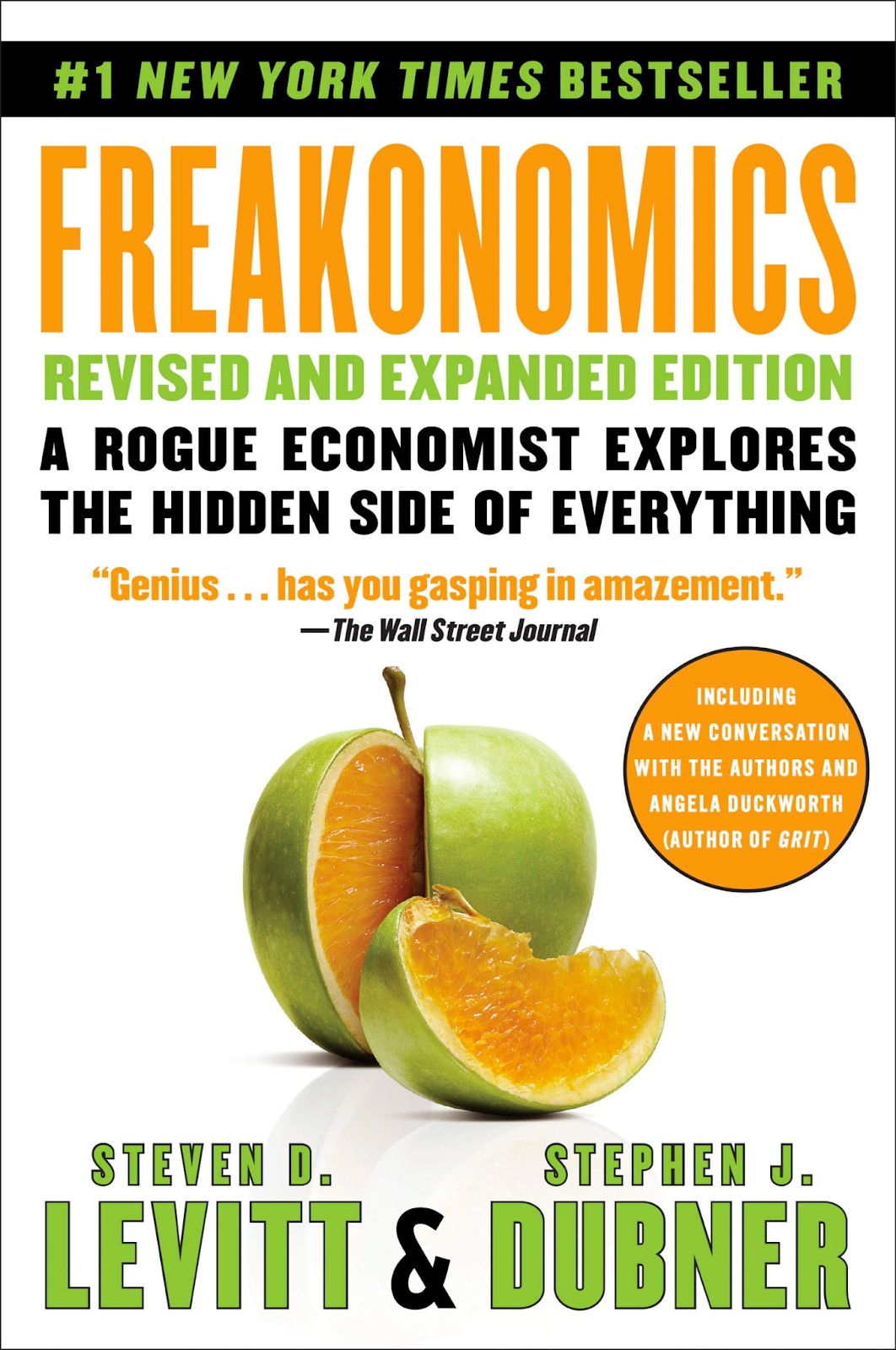
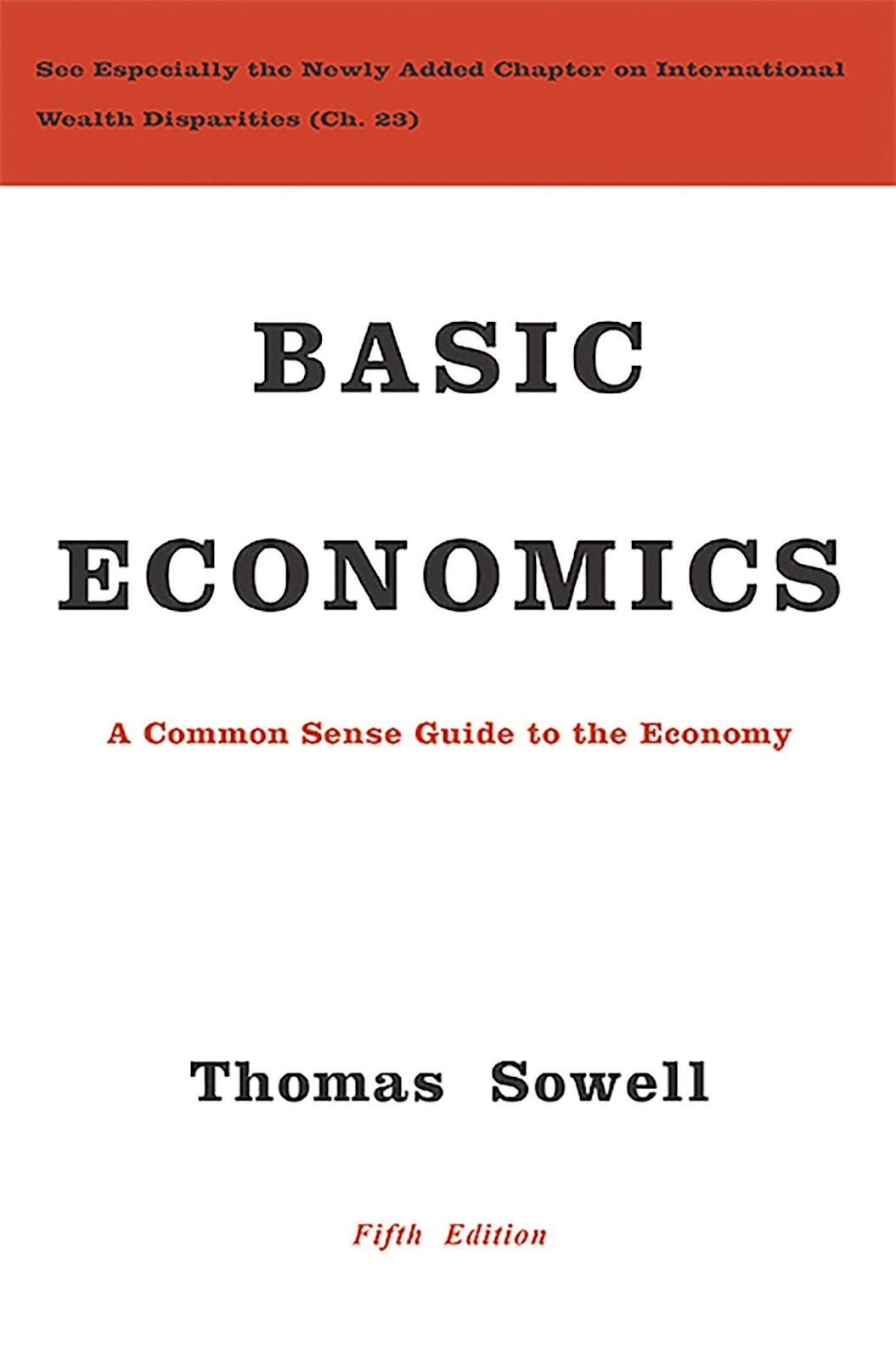
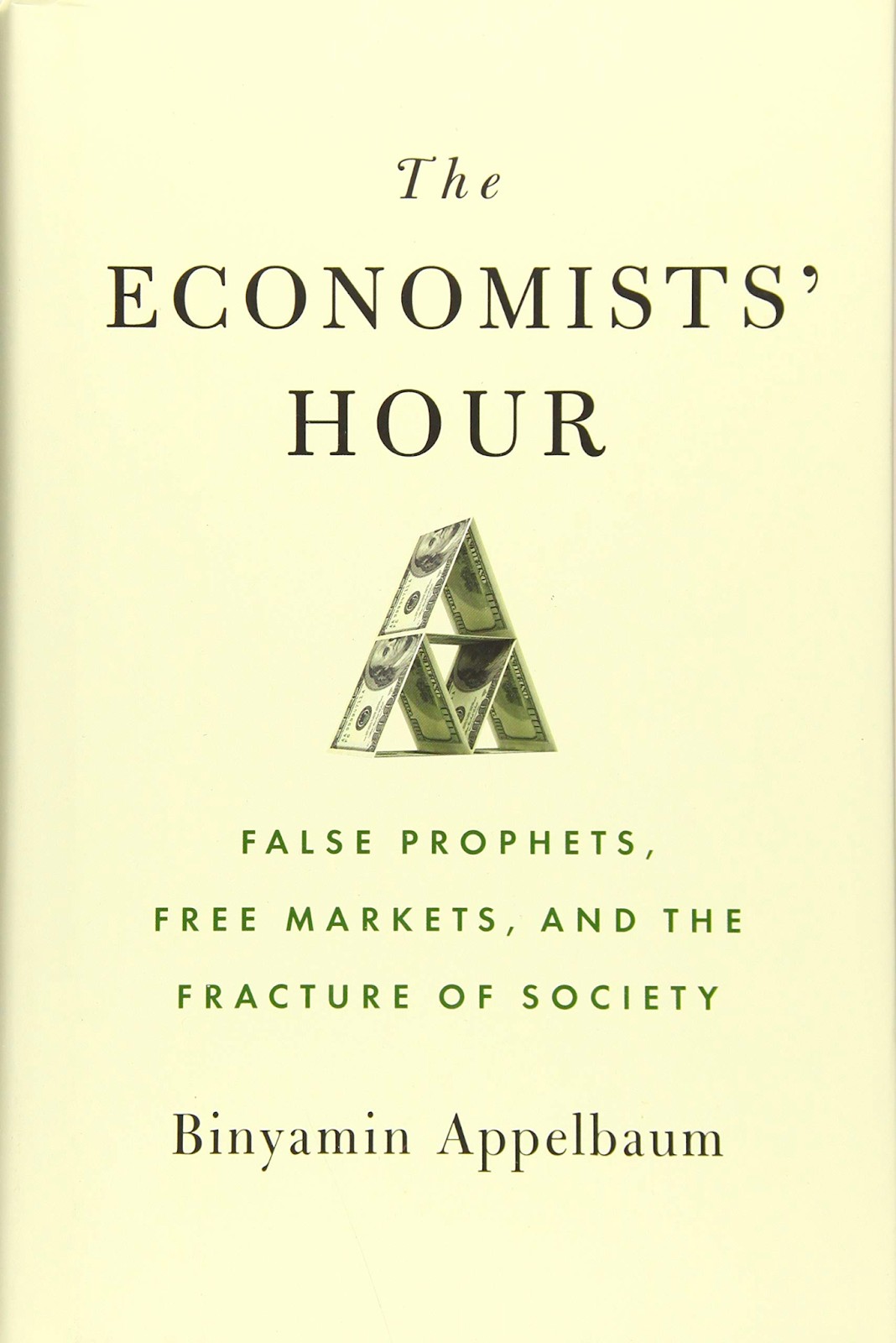

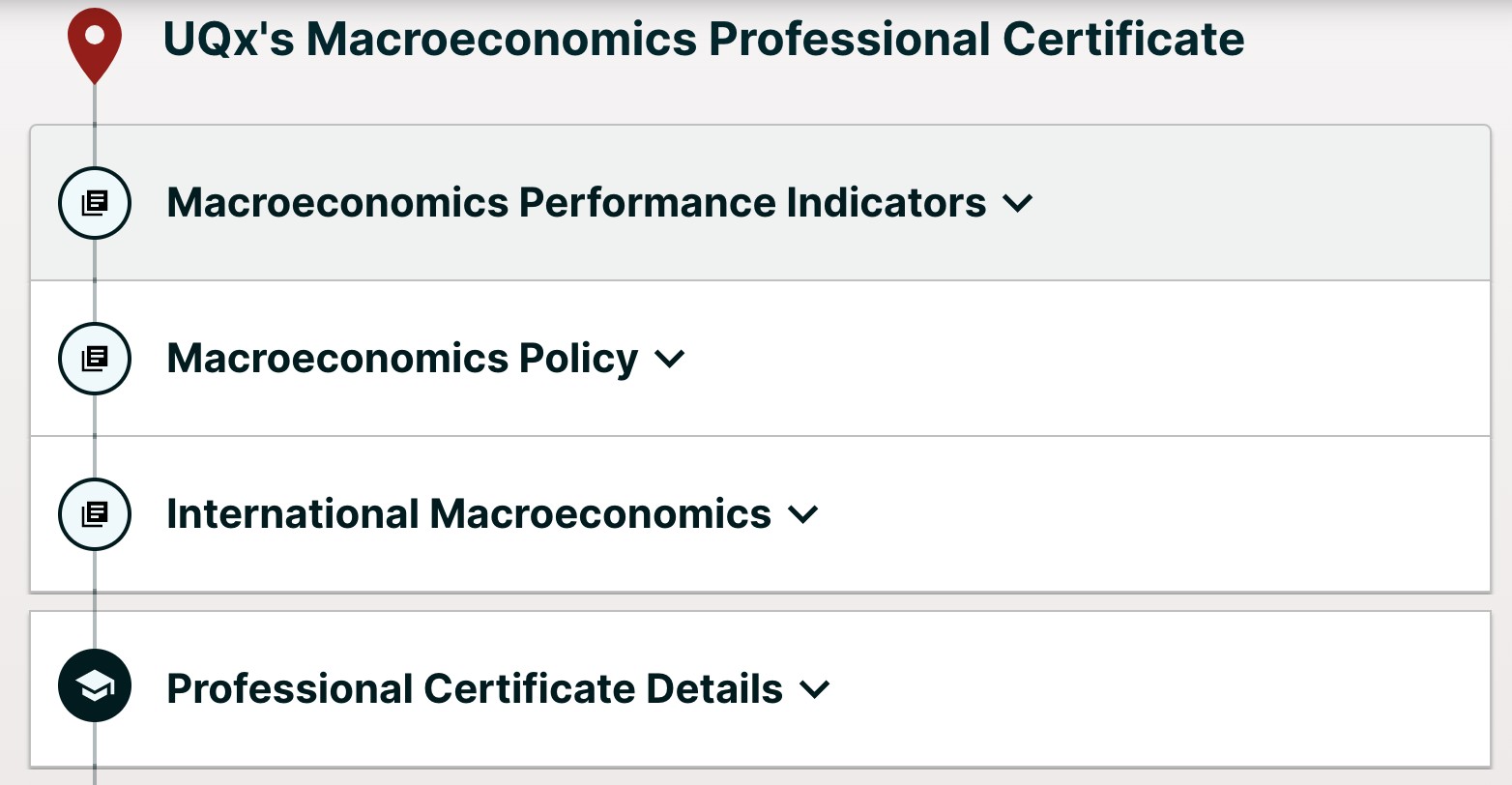
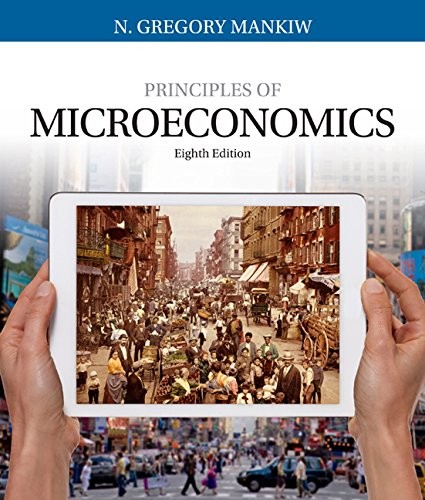
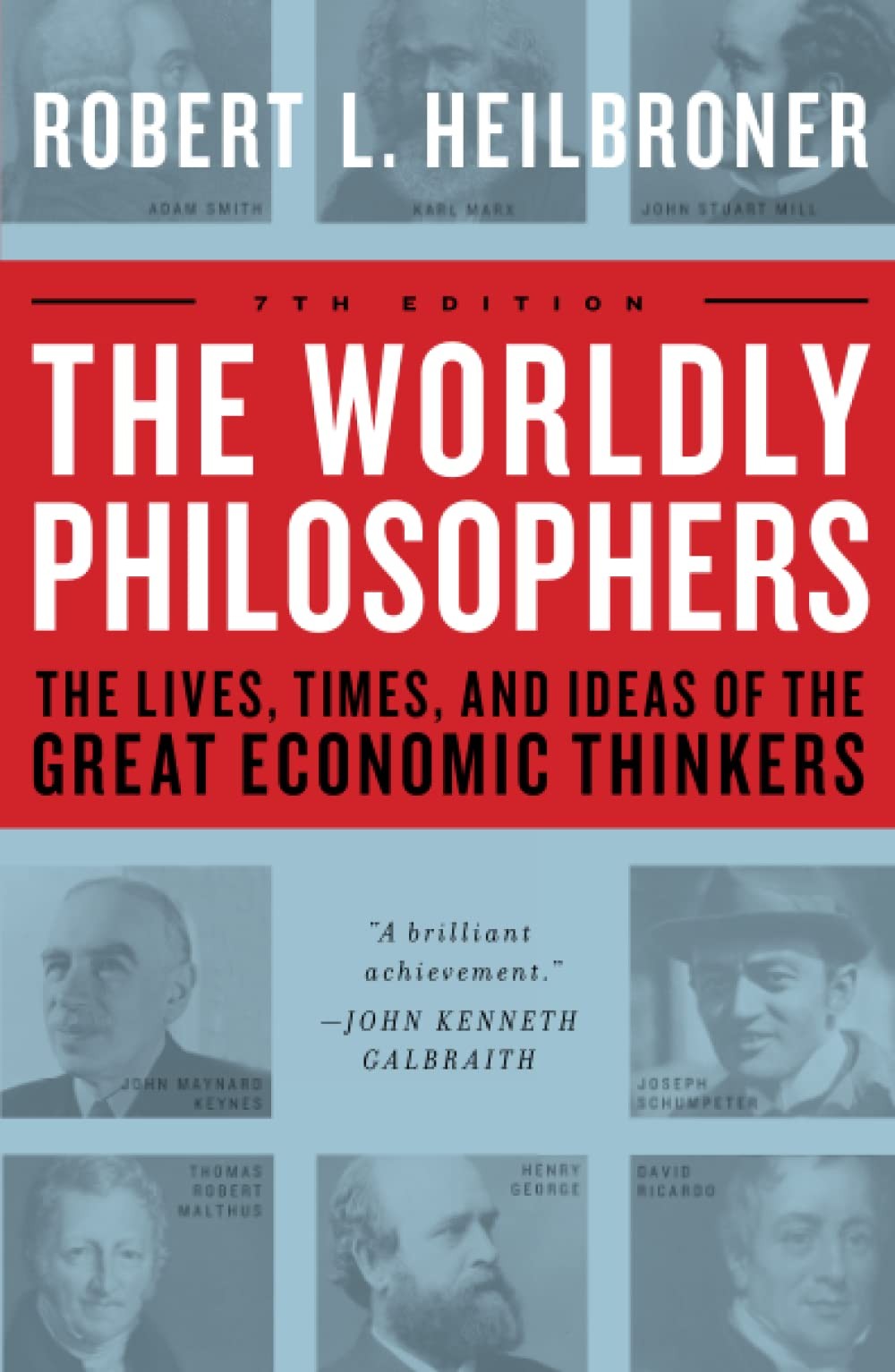
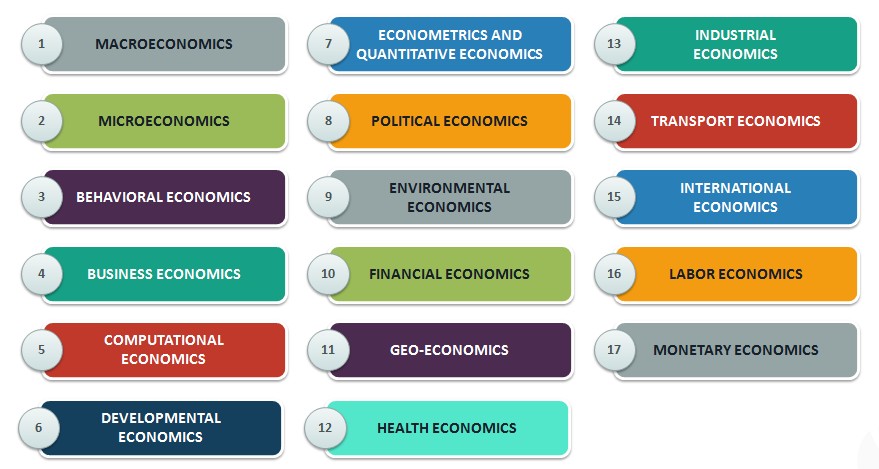

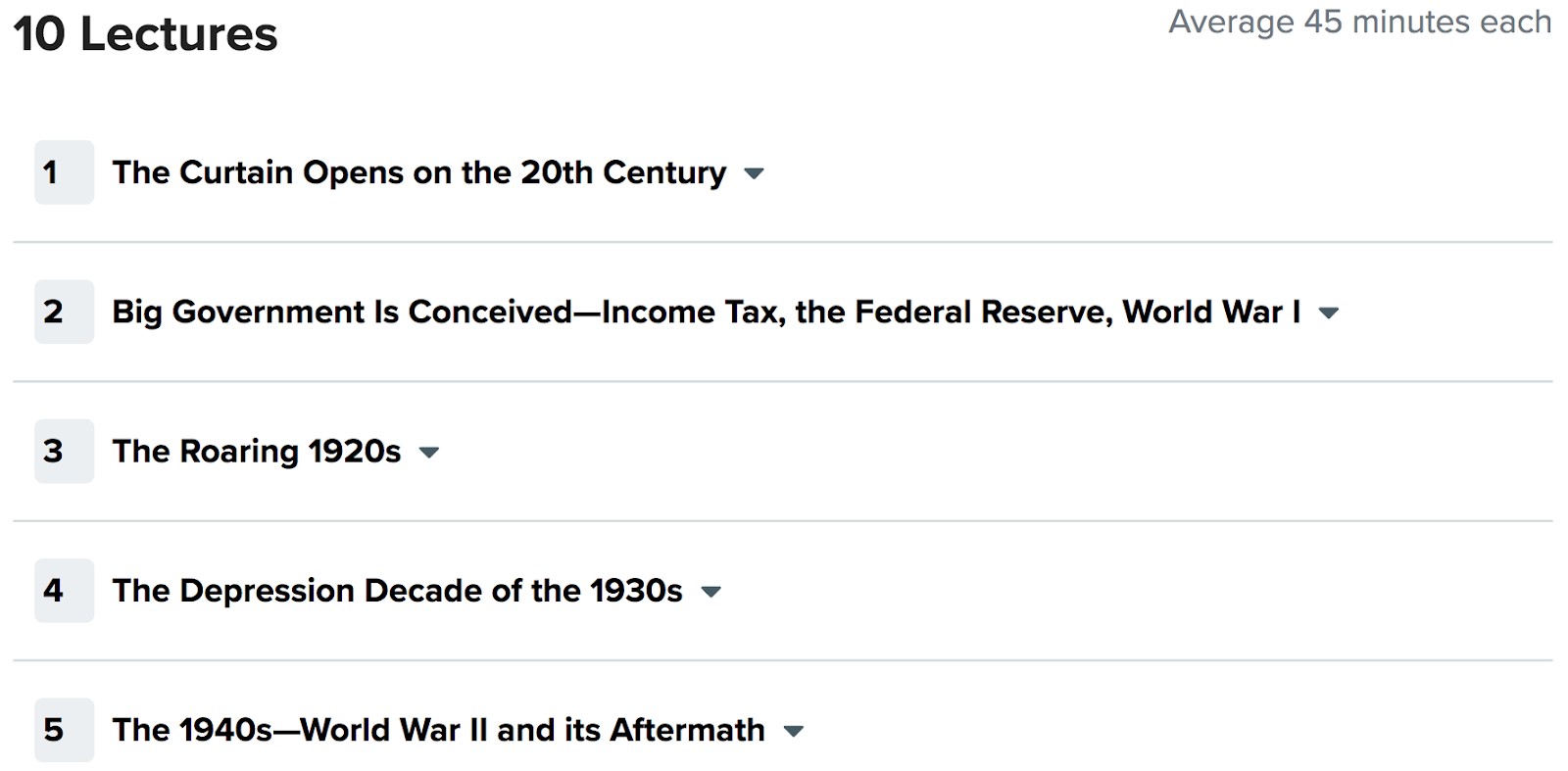
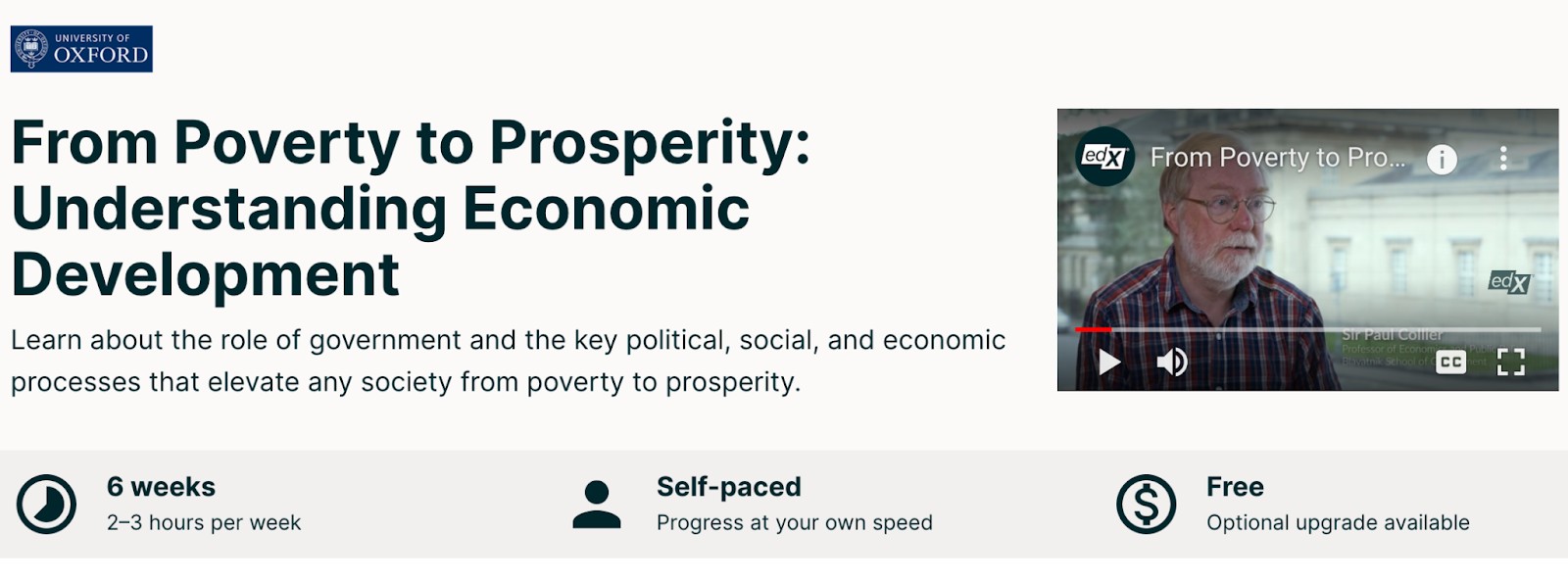

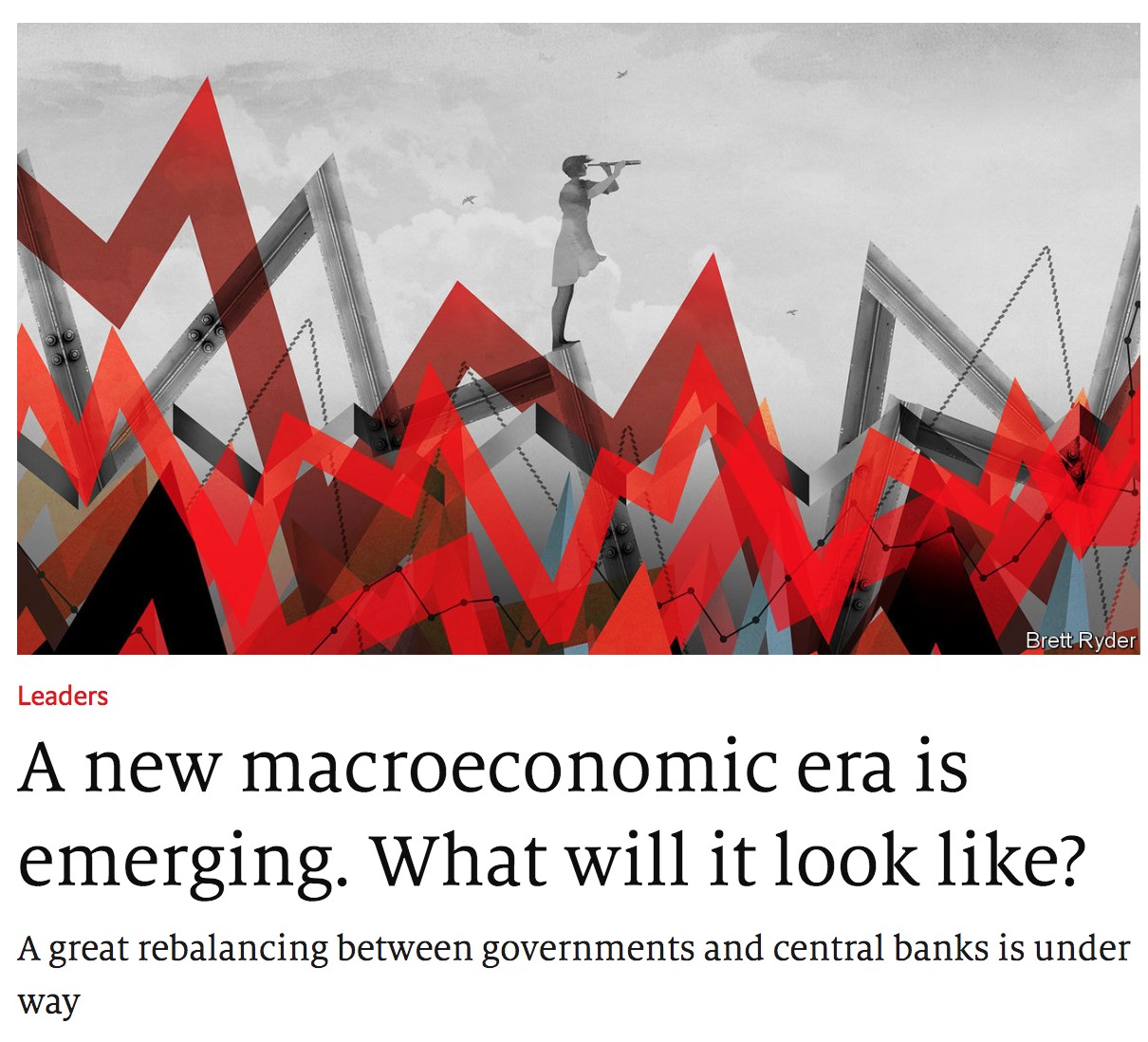

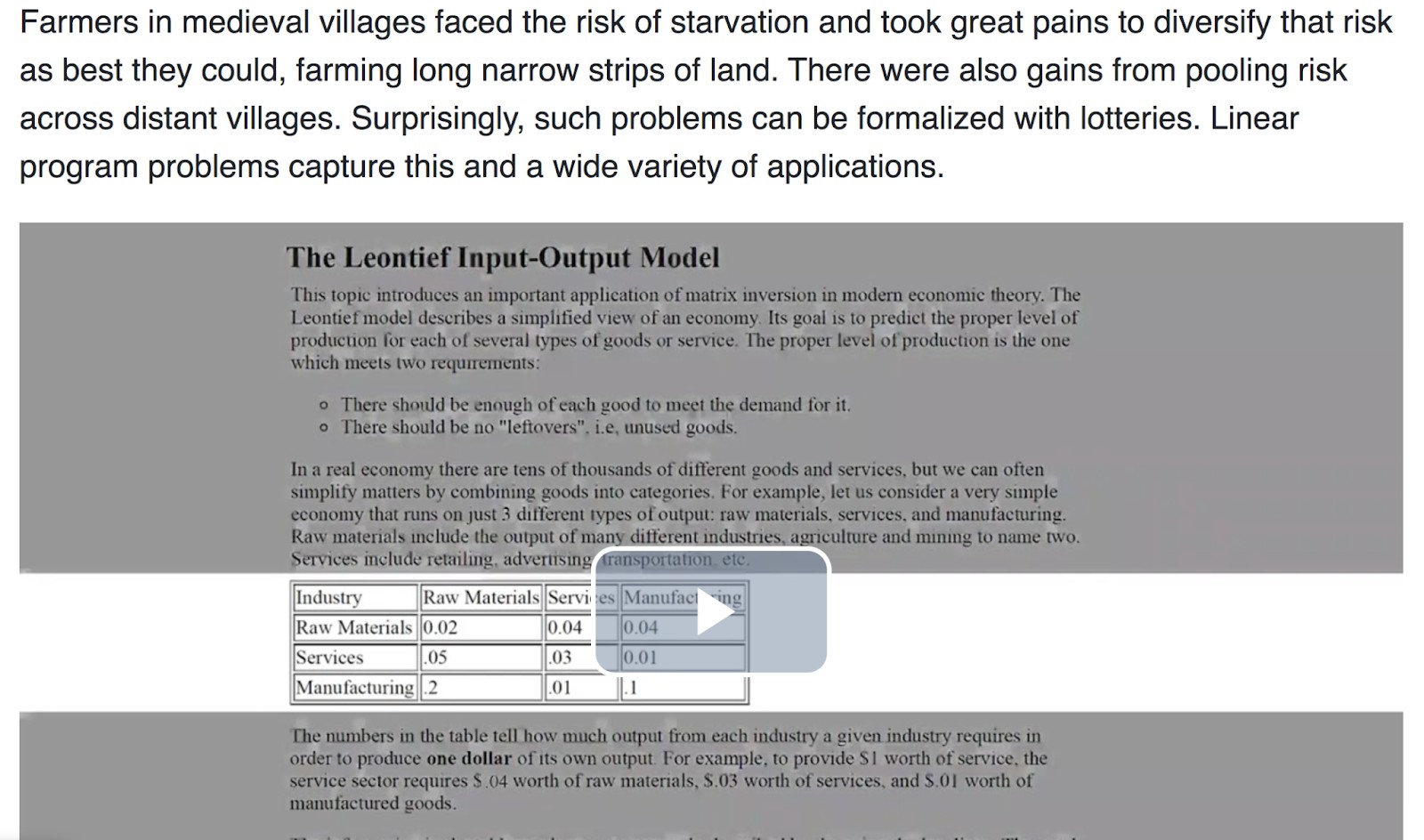
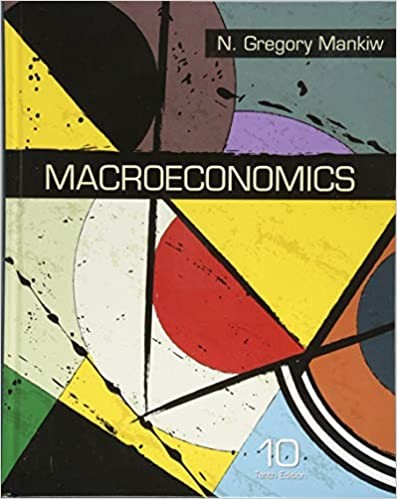
7. Reflect on Your Learning Goals
Take a moment to assess your progress and learning goals. The next steps involve more mathematics, including calculus and statistics. Decide if you want to pursue a math-intensive path or focus on specific areas of interest.
8. Advance with Intermediate Economics Courses and Textbooks
Intermediate microeconomic theory and macroeconomics are core courses in economics programs. You can learn these through online courses or textbooks.
8.1. Intermediate Microeconomic Theory
MIT offers an Intermediate Microeconomic Theory course with lectures, readings, and problem sets.
Alternatively, Hal Varian’s Intermediate Microeconomics: A Modern Approach is a classic textbook on the topic.
8.2. Intermediate Macroeconomics
For intermediate macroeconomics, N. Gregory Mankiw’s Macroeconomics is highly recommended.
9. Explore Additional Intermediate Economics Courses
Explore further intermediate economics courses based on your interests.
9.1. Example Courses
Consider these courses:
| Course | Description |
|---|---|
| Development Economics | Focuses on economic development in low-income countries. |
| International Economics | Examines trade, finance, and economic interactions between countries. |
| Game Theory | Studies strategic decision-making and interactions between individuals or firms. |
| Public Economics | Analyzes the role of government in the economy, including taxation and public spending. |
| Environmental Economics | Focuses on the economic aspects of environmental issues and policies. |
10. Master Statistics, Probability, and Econometrics
A strong foundation in statistics, probability, and econometrics is essential for advanced economic analysis.
10.1. Recommended Courses
Consider these courses to build your skills:
| Course | Platform |
|---|---|
| Introduction to Statistics | Khan Academy |
| Probability – The Science of Uncertainty and Data | MIT OpenCourseWare |
| Econometrics | Coursera |
11. Continue Your Learning Journey
With a solid foundation in economics, continue to explore topics that interest you. Whether you pursue a degree or apply your knowledge in a new career, stay curious and keep learning.
11.1. Explore Related Fields
Consider exploring these related fields:
| Field | Description |
|---|---|
| Political Science | Studies the theory and practice of politics and government. |
| Social Psychology | Examines how individuals’ thoughts, feelings, and behaviors are influenced by others. |
| Philosophy | Explores fundamental questions about existence, knowledge, values, reason, and mind. |
FAQ: Learning Economics
Q1: Is economics hard to learn?
A1: Economics can be challenging, but with a structured approach and consistent effort, it is manageable. Start with introductory materials and gradually advance to more complex topics.
Q2: How long does it take to learn economics?
A2: The time it takes to learn economics varies depending on your goals and dedication. A basic understanding can be achieved in a few months, while a comprehensive knowledge may take several years.
Q3: What math is needed for economics?
A3: Basic economics requires algebra, while intermediate and advanced economics use calculus, statistics, and econometrics.
Q4: Can I get a job with self-taught economics knowledge?
A4: While a degree can be advantageous, demonstrating a strong understanding of economics through self-study can open doors to various analytical roles. Highlighting projects and practical applications of your knowledge is essential.
Q5: What are the best online resources for learning economics?
A5: Excellent online resources include MIT OpenCourseWare, edX, Coursera, and Khan Academy. Additionally, websites like LEARNS.EDU.VN offer structured learning paths and resources.
Q6: What are the core concepts in economics?
A6: Core concepts include supply and demand, market equilibrium, GDP, inflation, monetary policy, and fiscal policy.
Q7: How can I apply economics to real-world situations?
A7: Apply economics by analyzing market trends, understanding financial news, evaluating government policies, and making informed investment decisions.
Q8: Is it better to learn microeconomics or macroeconomics first?
A8: It is generally recommended to start with microeconomics, as its principles provide a foundation for understanding macroeconomics.
Q9: How can I stay motivated while learning economics on my own?
A9: Stay motivated by setting clear goals, tracking your progress, joining study groups, and focusing on topics that genuinely interest you.
Q10: What career paths can I pursue with economics knowledge?
A10: Career paths include economist, financial analyst, market research analyst, consultant, and policy analyst.
Conclusion: Embarking on Your Economics Journey
Learning economics independently is a fulfilling endeavor. With dedication, the right resources, and a structured approach, you can gain a deep understanding of economic principles and their applications.
Ready to start your economics journey? Visit LEARNS.EDU.VN for comprehensive resources, expert guidance, and courses tailored to your needs. Unlock your potential and master economics with us!
Address: 123 Education Way, Learnville, CA 90210, United States
Whatsapp: +1 555-555-1212
Website: learns.edu.vn
